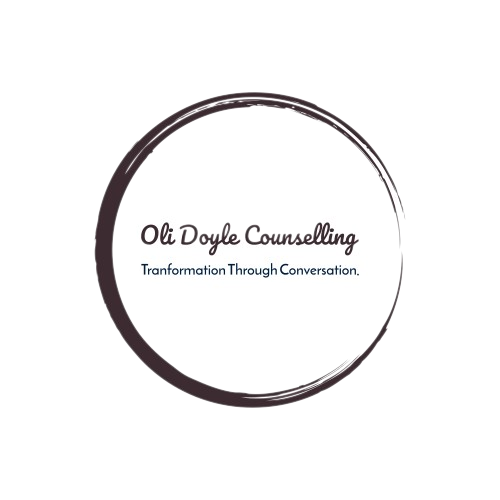And while society tends to focus on the traumatic event (or events), the domestic violence, the sexual abuse, the involvement with a narcissist or a cult (or high control group), what matters more to survivors is the ongoing effect of the things that happened to us.
It is the paralysing fear you feel when confronted by a trigger, the rage provoked by minor rudeness and most of all the feeling that you must be broken.
You are not broken.
Your body is a finely tuned survival machine and the most important job of the nervous system is to keep you alive, so it makes sense that it is calibrated towards caution.
Your nervous system has been trained by dangerous events, by harm perpetrated by someone you trusted, to be on the lookout for danger and to assume the worst. And when something happens that reminds your brain and nervous system of the danger, then it responds as if the event was happening again, now, even if you know logically that it is not.
Triggers activate the fight/flight response, flooding energy, blood and oxygen to the parts of your body needed to escape or fight off a threat. This happens so fast that there is no way to intervene and it immediately shuts down all the functions that are useless in a survival situation. This includes your ability to think rationally, your ability to hold a conversation and your ability to plan ahead and consider consequences.
In that moment you have the mind of a wild dog in danger, the only available options to attack, run away or play dead. If the danger seems too much to deal with or if fight/flight are not an option then your nervous system collapses into a frozen, immobilised state in order to maximise the chances of survival.
All of this can happen in an instant beneath the levels of conscious awareness. You might just feel anger, followed by a tongue-tied sadness, laced with fear, a state in which there are no words. Afterwards you might feel stupid and ashamed because you had such a response in a situation that, in hindsight, you could have handled differently.
Except that you couldn’t.
The nervous system is the king of the body’s castle and if it is not satisfied then nothing else is allowed to operate. When triggered, there is no way to decide to not be triggered anymore, there is no way to flick a switch and turn your thinking brain back on. And the first step in recovering from trauma is to accept this fact.
We can learn to work with the nervous system, we can soothe it, we can recalibrate it over time, but we have to start by accepting that, right now, these reactions are a part of my life, and that it will take time to begin to change them.
In future posts, we will explore the phases that this process generally follows and how to help yourself work through them.
Until then, please remember…you are not broken. Somebody hurt you.
